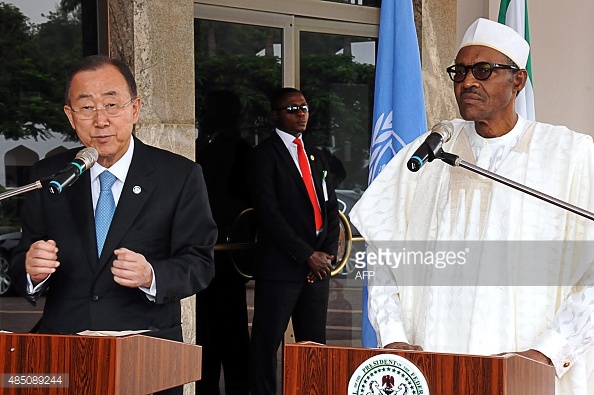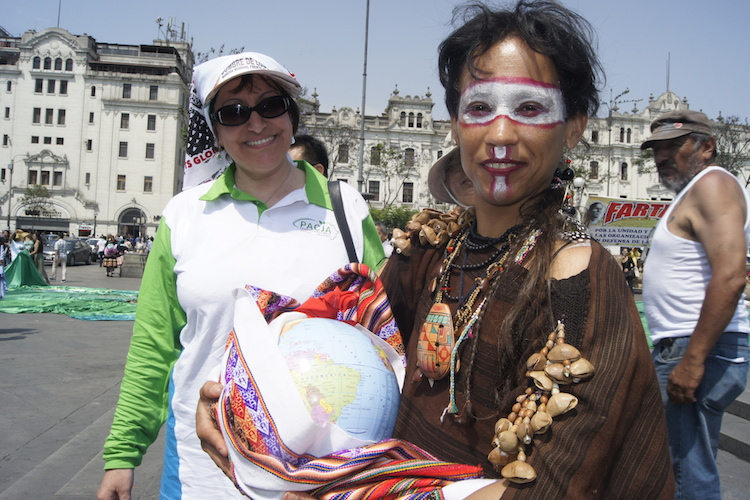
By Usman Inuwa
The United Nations Development Programme’s (UNDP) country representativve for Nigeria, Dr Pa Lamin Beyai, has stressed the need for Nigeria to play leadership role in the build-up to the new global climate change agreement due to be signed in Paris by December 2015.
Dr. Beyai made this known at the opening of a two-day training workshop for Nigeria’s core negotiators for the December 2015 conference of parties to the United Nations Framework Convention on Climate Change (UNFCCC)
The UNDP Country Representative urged Nigeria’s negotators to work towards a strong deal in the expected Paris agreement as it would go a long way in helping the country to meet its international obligations, eliminate poverty, and improve health and living standards of its people.
“Apart from making the nation’s agriculture a sector to flourish, a stronger deal would help Nigeria to attract investment opportunities, especially in clean and renewable energy solutions, and develop the much needed human and institutional capacities”Beyai says.
“We in Africa and especially Nigeria would need to ensure that a favourable outcome is obtained as a befitting reward,’’ he added.
He further called on Nigeria and other African countries to develop a common position to address climate change challenges and adverse effects on their people’s livelihood.
“We need to develop a strong legal framework, with clear rules, a central role for equity and with very strong linkage to the 2015 Sustainable Development Goals (SDGs). Hopefully, with these elements in the new deal, we are well on our way toward tackling the impacts of climate change on the continent,’’ Beyai added.
UNDP further declared its support towards assisting Nigeria increasing its presence and influence in international climate politics.
In her own remarks, Mrs Nana Mede, the Permanent Secretary of Nigeria’s Environment ministry welcomed UNDP’s support and expressed Nigeria’s desire for a global objective for adaptation and mitigation in the agreement which would limit global warning to below two degrees.
She said Nigeria and African groups’ current position in the context of the UNFCCC would be based on equitable multilateral rules with strong link to fair access to sustainable financing.
“We will therefore continue to stress in our negotiations the necessity for the developed country parties in the climate change process to come forward with ambitious scale of emission reduction both in the pre and post-2020 Agreement.
“The African group proposes the use of a reference framework to reflect mitigation actions and adaptation measures taken by the countries that would lead to equity,’’ Mede added.
The Permanent Secretary expressed hope that the workshop would strengthen the technical capacity of Nigeria in the development of action that would allow the mainstreaming of climate change into national and sectoral development goals.











